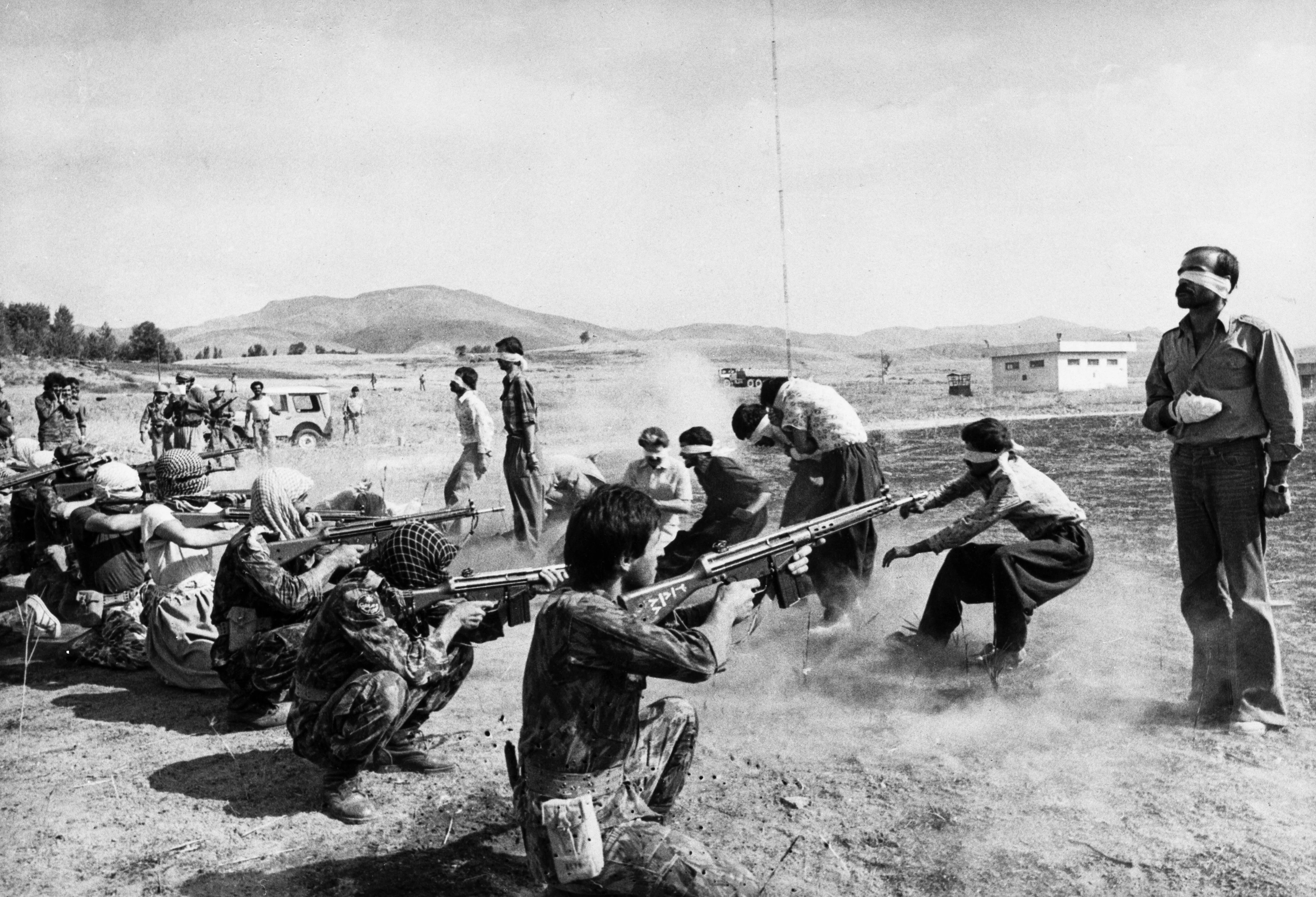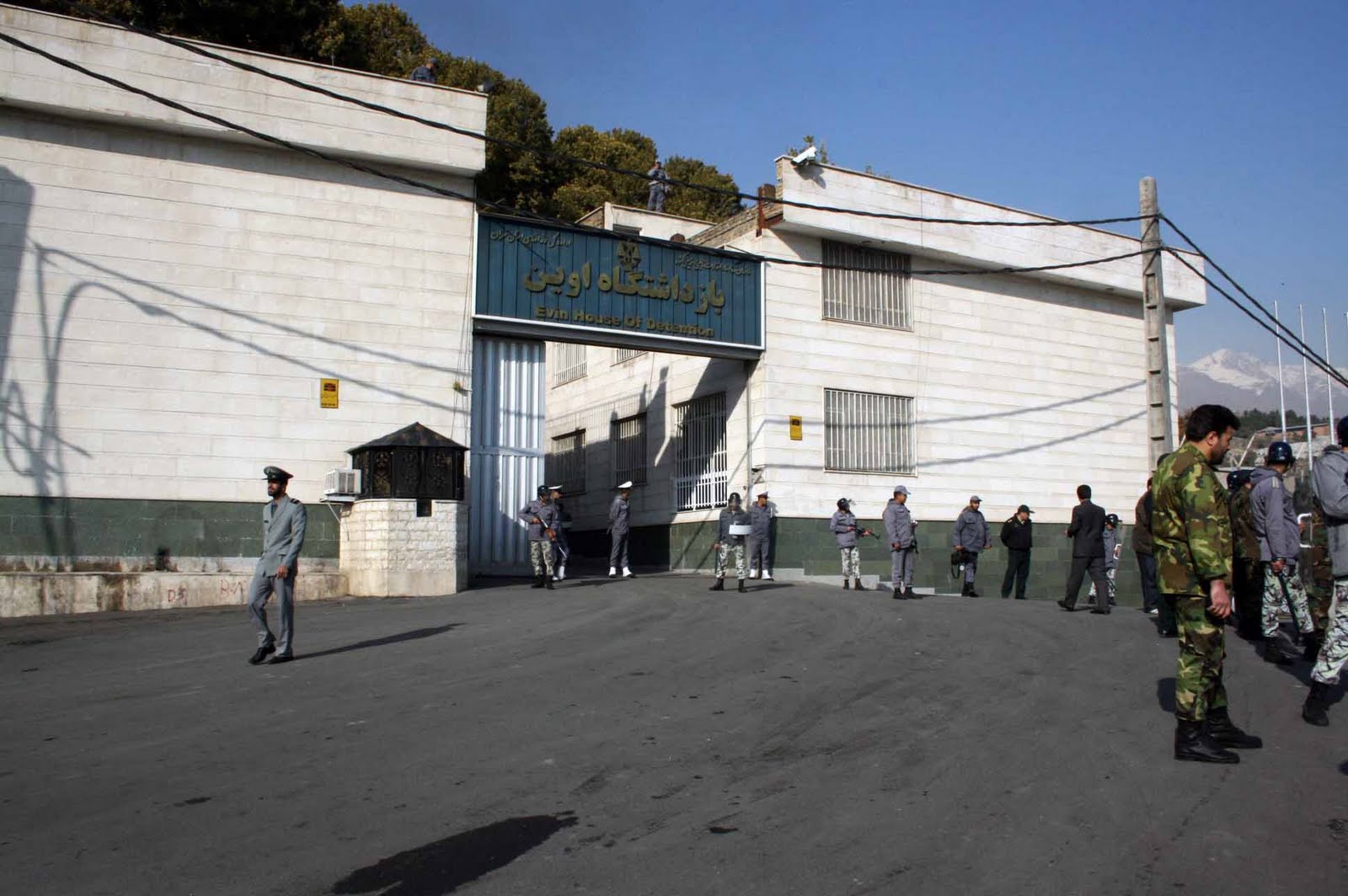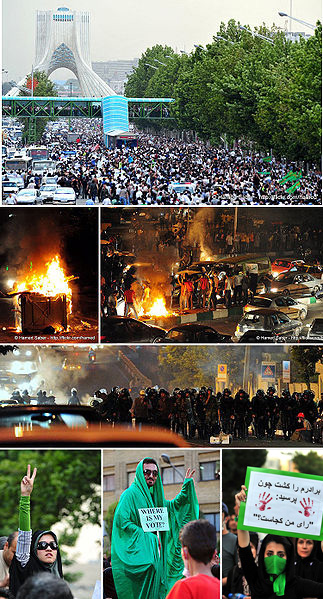|
Human Rights In The Islamic Republic Of Iran
The state of human rights in the Islamic Republic of Iran has been criticized by Iranians and international human rights activists, by writers, and NGOs. The United Nations General Assembly and the Human Rights CommissionIran rejects UN report on 'rights abuses' aljazeera.net 20 October 2011 have condemned prior and ongoing abuses in Iran in published critiques and several resolutions. The government is criticized both for restrictions and punishments that follow the Islamic Republic's constitution and law, and for " extrajudicial" actions by state actors, such as the torture, rape, ... [...More Info...] [...Related Items...] OR: [Wikipedia] [Google] [Baidu] |
Human Rights In Iran
From the Imperial Pahlavi dynasty (1925 to 1979), through the Islamic Revolution (1979), to the era of the Islamic Republic of Iran (1979 to current), government treatment of Iranian citizens' rights has been criticized by Iranians, by international human rights activists, by writers, by NGOs and the United States. While the monarchy under the rule of the shahs was widely attacked by most Western watchdog organizations for having an abysmal human rights record, the government of the Islamic Republic which succeeded it is considered still worse by many. The Pahlavi dynasty— Reza Shah Pahlavi and his son Mohammad Reza Shah Pahlavi—has sometimes been described as a "royal dictatorship", or "one man rule", and employed secret police, torture, and executions to stifle political dissent. During Mohammad Reza Shah Pahlavi's reign, estimates of the number of political prisoners executed vary from less than 100 to 300. Under the Islamic Republic, the prison system was centrali ... [...More Info...] [...Related Items...] OR: [Wikipedia] [Google] [Baidu] |
Chain Murders Of Iran
The chain murders of Iran ( fa, قتلهای زنجیرهای ایران) were a series of 1988–98 murders and disappearances of certain Iranian dissident intellectuals who had been critical of the Islamic Republic system. The murders and disappearances were carried out by Iranian government internal operatives, and they were referred to as "chain murders" because they appeared to be linked to each other. The victims included more than 80 writers, translators, poets, political activists, and ordinary citizens, and were killed by a variety of means such as car crashes, stabbings, shootings in staged robberies, and injections with potassium to simulate heart attack. The pattern of murders did not come to light until late 1998 when Dariush Forouhar, his wife Parvaneh Eskandari Forouhar, and three dissident writers were murdered over a span of two months. After the murders were publicized, Supreme Leader Ayatollah Khamenei denied the government was responsible, and blamed ... [...More Info...] [...Related Items...] OR: [Wikipedia] [Google] [Baidu] |
Ervand Abrahamian
Ervand Abrahamian; hy, Երուանդ Աբրահամեան (born 1940) is an Iranian-American historian of the Middle East. He is Distinguished Professor of History at Baruch College and the Graduate Center of the City University of New York and is widely regarded as one of the leading historians of modern Iran. Early life Ervand Vahan Abrahamian was born in 1940 in Tehran to Armenian parents. He attended three grades at the Mehr School in Tehran and was later sent off to Rugby School (1954-59), a prestigious boarding school in England. He received his BA from Oxford University in 1963. He mainly studied European history with Keith Thomas. He then moved to New York City, where he studied at Columbia University and received his first MA in 1966. He received a second MA from Oxford in 1968. Abrahamian obtained a PhD from Columbia in 1969. His thesis was titled "Social Bases of Iranian Politics: The Tudeh Party, 1941-53." Abrahamian has stated that his "understanding of Iran a ... [...More Info...] [...Related Items...] OR: [Wikipedia] [Google] [Baidu] |
2017–2019 Iranian Protests Against Compulsory Hijab
Girls of Enghelab ( fa, دختران انقلاب) was a series of protests against compulsory hijab in Iran. The protests were inspired by Vida Movahed ( fa, ویدا موحد), an Iranian woman known as the Girl of Enghelab Street ( fa, دختر خیابان انقلاب), who stood in the crowd on a utility box in the Enghelab Street (Revolution Street) of Tehran on 27 December 2017, tied her hijab, a white headscarf, to a stick, and waved it to the crowd as a flag. She was arrested on that day and was released temporary on bail a month later, on 28 January 2018. Some people believe that Movahed's action was based on Masih Alinejad's call for White Wednesdays, a protest movement that the presenter at VOA Persian Television started in early 2017. Other women later re-enacted her protest and posted photos of their actions on social media. These women are described as the "Girls of Enghelab Street" and "The Girls Of Revolution Street" in English sources. Some of the protesters cla ... [...More Info...] [...Related Items...] OR: [Wikipedia] [Google] [Baidu] |
2019–2020 Iranian Protests
A series of nationwide civil protests in Iran, sometimes known as Bloody November or (using the Iranian calendar) Bloody Aban ( fa, آبان خونین) took place in 2019 and 2020. Initially caused by a 50–200% increase in fuel prices, they occurred as part of the wider Iranian Democracy Movement, leading to calls for the overthrow of the Government of the Islamic Republic of Iran, government in Iran and Supreme Leader of Iran, Supreme Leader Ali Khamenei. The protests commenced as peaceful gatherings on the evening of 15 November but spread to 21 cities within hours, as videos of the protest circulated online, eventually becoming the most violent and severe anti-government unrest since the Iranian Revolution in 1979. To block the sharing of information regarding the protests and the deaths of hundreds of protesters on social media platforms, the government shut down the Internet nationwide, resulting in a near-total internet blackout of around six days. In an effort to cr ... [...More Info...] [...Related Items...] OR: [Wikipedia] [Google] [Baidu] |
Amnesty International
Amnesty International (also referred to as Amnesty or AI) is an international non-governmental organization focused on human rights, with its headquarters in the United Kingdom. The organization says it has more than ten million members and supporters around the world. The stated mission of the organization is to campaign for "a world in which every person enjoys all of the human rights enshrined in the Universal Declaration of Human Rights and other international human rights instruments." The organization has played a notable role on human rights issues due to its frequent citation in media and by world leaders. AI was founded in London in 1961 by the lawyer Peter Benenson. Its original focus was prisoners of conscience, with its remit widening in the 1970s, under the leadership of Seán MacBride and Martin Ennals to include miscarriages of justice and torture. In 1977, it was awarded the Nobel Peace Prize. In the 1980s, its secretary general was Thomas Hammarberg, s ... [...More Info...] [...Related Items...] OR: [Wikipedia] [Google] [Baidu] |
2009-2010 Iranian Election Protests
After incumbent president Mahmoud Ahmadinejad declared victory in the 2009 Iranian presidential election, protests broke out in major cities across Iran in support of opposition candidates Mir-Hossein Mousavi and Mehdi Karroubi. The protests continued until 2010, and were titled the Iranian Green Movement ( fa, جنبش سبز ''Jonbesh-e Sabz'') by their proponents, reflecting Mousavi's campaign theme, and Persian Awakening, Persian Spring or Green Revolution.Yarshater, EhsaPersia or Iran, Persian or Farsi, ''Iranian Studies'', vol. XXII no. 1 (1989) Protests began on the night of 12 June 2009, following the announcement that incumbent President Mahmoud Ahmadinejad won nearly 63 percent of the vote, despite several reported irregularities. However, all three opposition candidates claimed the votes were manipulated and the election was rigged, with Rezaee and Mousavi lodging official complaints. Mousavi announced he "won't surrender to this manipulation", before lodging an off ... [...More Info...] [...Related Items...] OR: [Wikipedia] [Google] [Baidu] |
Divisions Of The World In Islam
In classical Islamic law, the major divisions are ''dar al-Islam'' (lit. territory of Islam/voluntary submission to God), denoting regions where Islamic law prevails, ''dar al-sulh'' (lit. territory of treaty) denoting non-Islamic lands which have concluded an armistice with a Muslim government, and ''dar al-harb'' (lit. territory of war), denoting adjoining non-Islamic lands whose rulers are called upon to accept Islam."Dar al-Harb" ''The Oxford Dictionary of Islam'' The Arabic singular form ''dar'' (), translated literally, may mean "house", "abode", "structure", "place", "land", or "country". In it often refers to a part of the world. The notions of "houses" or "divisions" of the world in |
Tehran Times
The ''Tehran Times'' is an English-language daily newspaper. Ayatollah Mohammad Hossein Beheshti, second in line in the political hierarchy following the 1979 Islamic Revolution, stated: "''Tehran Times'' is not a state-owned newspaper, rather it must be the voice of the oppressed people in the world.” Although the newspaper is not state-owned, "it aims to disseminate key tenets of the Islamic Revolution and is therefore generally supportive of the Islamic Republic of Iran's ideology". According to the Iranian-American Middle East scholar, Ray Takeyh, the ''Tehran Times'' has "close ties with the ranianForeign Ministry." Academics, ambassadors, policymakers and international affairs analysts frequently contribute to the newspaper. History The newspaper was founded in 1979 as a foreign-language voice of the Islamic Revolution. In 2002, ''the Tehran Times'' established a news agency which later came to be known as the Mehr News Agency (MNA). Now, ''Tehran Times'' an ... [...More Info...] [...Related Items...] OR: [Wikipedia] [Google] [Baidu] |
Ali Akbar Salehi
Ali Akbar Salehi ( fa, علیاکبر صالحی, ; born 24 March 1949) is an Iranian academic, diplomat and former head of the Atomic Energy Organization of Iran, who served in this position from 2009 to 2010 and also from 2013 to 2021. He served for the first time as head of the AEOI from 2009 to 2010 and was appointed to the post for a second time on 16 August 2013. Before the appointment of his latter position, he was foreign affairs minister from 2010 to 2013. He was also the Iranian representative in the International Atomic Energy Agency from 1998 to 2003. Early life and education Salehi was born in Karbala, Iraq, on 24 March 1949, to Persian parents. His father, a merchant in Karbala, was born in Qazvin and much of his family had lived in Karbala for over 200 years, having had a family house there before it was demolished. Salehi spoke Persian with his family, however, learned Arabic playing with other children in the alleyways. Besides Persian and Arabic, Salehi is ... [...More Info...] [...Related Items...] OR: [Wikipedia] [Google] [Baidu] |
Nytimes
''The New York Times'' (''the Times'', ''NYT'', or the Gray Lady) is a daily newspaper based in New York City with a worldwide readership reported in 2020 to comprise a declining 840,000 paid print subscribers, and a growing 6 million paid digital subscribers. It also is a producer of popular podcasts such as '' The Daily''. Founded in 1851 by Henry Jarvis Raymond and George Jones, it was initially published by Raymond, Jones & Company. The ''Times'' has won 132 Pulitzer Prizes, the most of any newspaper, and has long been regarded as a national " newspaper of record". For print it is ranked 18th in the world by circulation and 3rd in the U.S. The paper is owned by the New York Times Company, which is publicly traded. It has been governed by the Sulzberger family since 1896, through a dual-class share structure after its shares became publicly traded. A. G. Sulzberger, the paper's publisher and the company's chairman, is the fifth generation of the family to head the p ... [...More Info...] [...Related Items...] OR: [Wikipedia] [Google] [Baidu] |
Times Online
''The Times'' is a British daily national newspaper based in London. It began in 1785 under the title ''The Daily Universal Register'', adopting its current name on 1 January 1788. ''The Times'' and its sister paper ''The Sunday Times'' (founded in 1821) are published by Times Newspapers, since 1981 a subsidiary of News UK, in turn wholly owned by News Corp. ''The Times'' and ''The Sunday Times'', which do not share editorial staff, were founded independently and have only had common ownership since 1966. In general, the political position of ''The Times'' is considered to be centre-right. ''The Times'' is the first newspaper to have borne that name, lending it to numerous other papers around the world, such as ''The Times of India'', ''The New York Times'', and more recently, digital-first publications such as TheTimesBlog.com (Since 2017). In countries where these other titles are popular, the newspaper is often referred to as , or as , although the newspaper is of nation ... [...More Info...] [...Related Items...] OR: [Wikipedia] [Google] [Baidu] |




.jpg)




.png)
